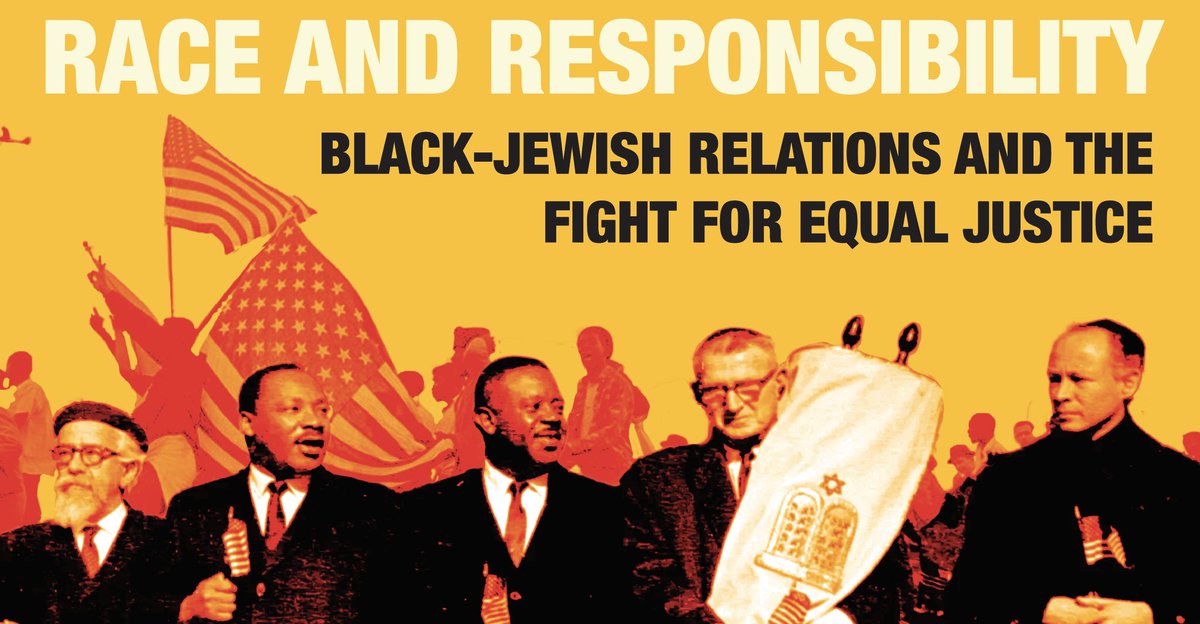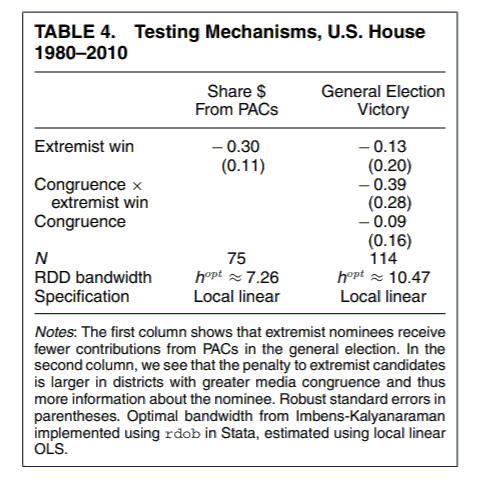
Just observing US policing, you should absolutely not believe a word of what they, their unions, or their allies in state and local government say about their murders of civilians. #AdamToledo
They routinely lie, including under oath, with impunity. Prosecutors assist them in their lying. Their lies are routinely exposed, and they face no repercussions (they're often rewarded). Until you receive overwhelming evidence to the contrary, you should assume they're lying.
It's caught on tape in Serial season 3, it's routinely exposed in police brutality cases, and I saw it up close in police statements about the murder of Sean Monterrosa and their subsequent destruction of evidence. All established facts, none held accountable.
I've been interested in racial justice and skeptical of policing my entire life, but nothing really prepares you to hear them just lie to your face, get exposed, and nothing ever happens because they're a cartel whose power is impenetrable by any civilian authority.
• • •
Missing some Tweet in this thread? You can try to
force a refresh










